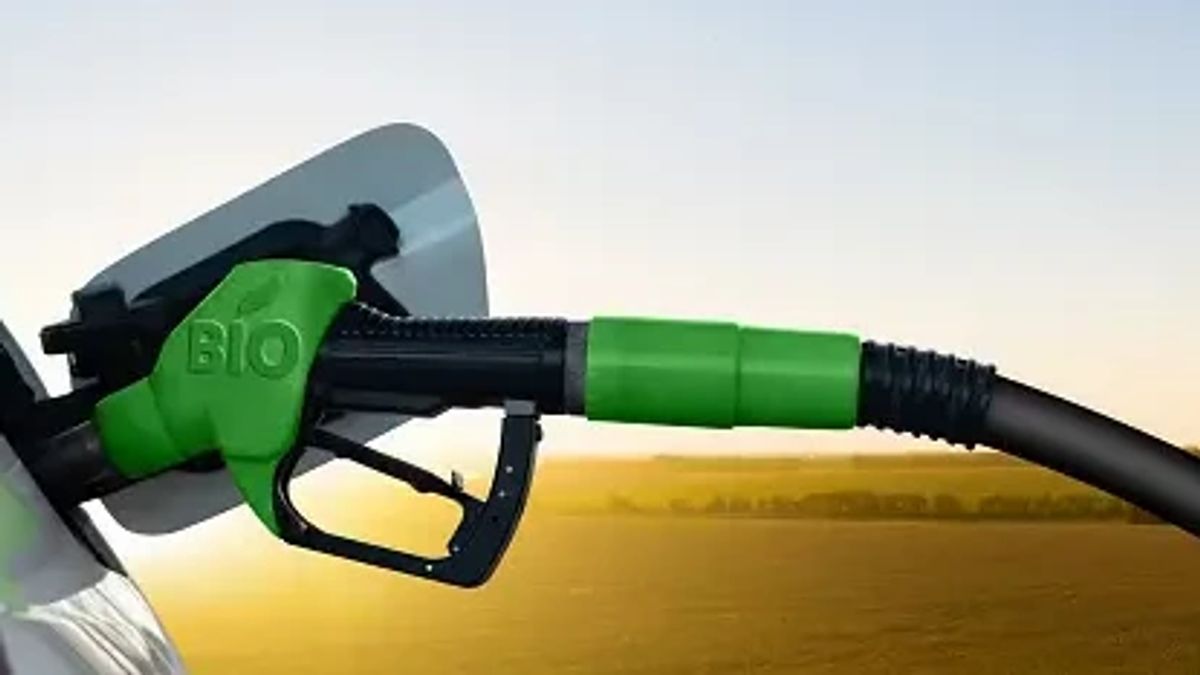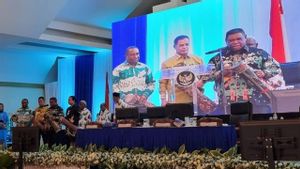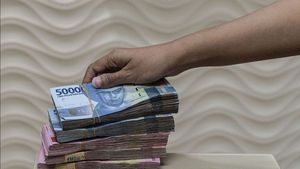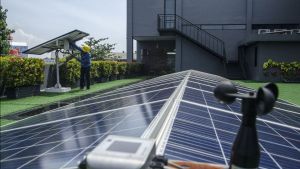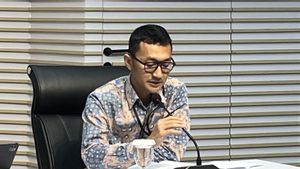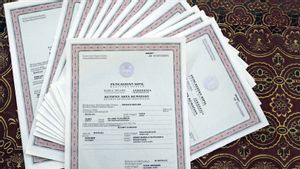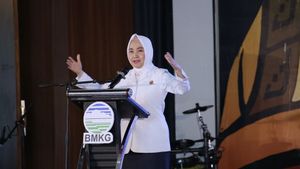JAKARTA - The Ministry of Agriculture stated that it is currently drafting the concept of Papua's Future as the Island of Renewable Energy.
"In addition to support in food security, the Directorate General of Plantation has the task of the Minister of Agriculture (Andi Amran Sulaiman) to draft the concept of Future Papua as the Island of Renewable Energy," said Director General of Plantation of the Ministry of Agriculture (Kementan) Andi Nur Alam Syah quoting Antara.
Andi highlighted the potential for plantation development in eastern Indonesia, especially Papua Province, as an effort to present food buffers and vegetable energy sources. This potential is mainly related to the use of palm oil and sugar cane as raw material for biodiesel and biofuels.
According to him, the development of Papua as an energy island will have a significant impact on food security and national energy. In addition, this is expected to create jobs for around 60 percent of Papuans and improve the welfare of the people in the area.
Andi emphasized that the use of Papua's natural resources for plantation and vegetable energy needs is strategic in strengthening Indonesia's overall food and energy security.
By optimizing plantation potential in Papua, it is hoped that a sustainable system can be created to meet national food and energy needs, while having a positive impact on the local economy and welfare of the Papuan people.
SEE ALSO:
"The downstream products are produced to fulfill the food of the Papuan people (gula and cooking oil), national fuel and export substitutions," said Andi.
He explained that the development of Papua as an energy island targets the production of cooking oil and biodiesel (B100), the development of 1 million hectares (Ha) of palm oil.
"Then investment in 9 cooking oil factories that will produce 1 million cooking oil, as well as 33 bidoesel factories to produce 4.6 million tons of B100," explained Andi.
In addition, Papua will also be designed as a sugar and bioethenol producer, through the development of 1 million Hamegas, encouraging an investment of 42 sugar factories to produce 10 million tons of white crystal sugar (GKP) or 6 million kiloliters of bioethenol.
The English, Chinese, Japanese, Arabic, and French versions are automatically generated by the AI. So there may still be inaccuracies in translating, please always see Indonesian as our main language. (system supported by DigitalSiber.id)
